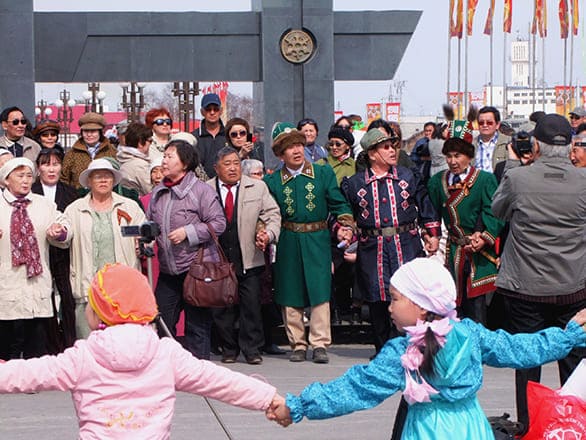Cultural Anthropology

Cultural anthropologists study the diversity of human cultures and societies around the world and the processes by which people construct local, regional and global forms of social relationships. Several anthropologists in the department study the processes by which people construct particular social identities, worldviews and forms of community in a changing, globalizing world. In the contemporary world, much ethnography addresses the manner in which people in local communities orient themselves to global networks and institutions.
At the University, faculty members have particular strengths in studying gender and kinship, Islam and religious identities, migration and transnationality, law and human rights, colonialism and indigeneity. Some faculty also specialize in the diverse ways that humans around the world adapt to and transform the ecological environment in which they live. Geographically, the focus is on the Americas, East Africa and the Indian Ocean, and southern Europe and the Mediterranean. All cultural faculty work with graduate students and welcome inquiries about the program. Some of the graduate students are working on projects involving identity and Burning Man, gender and human rights, religious practice in Brazil and labor and community in Los Angeles.